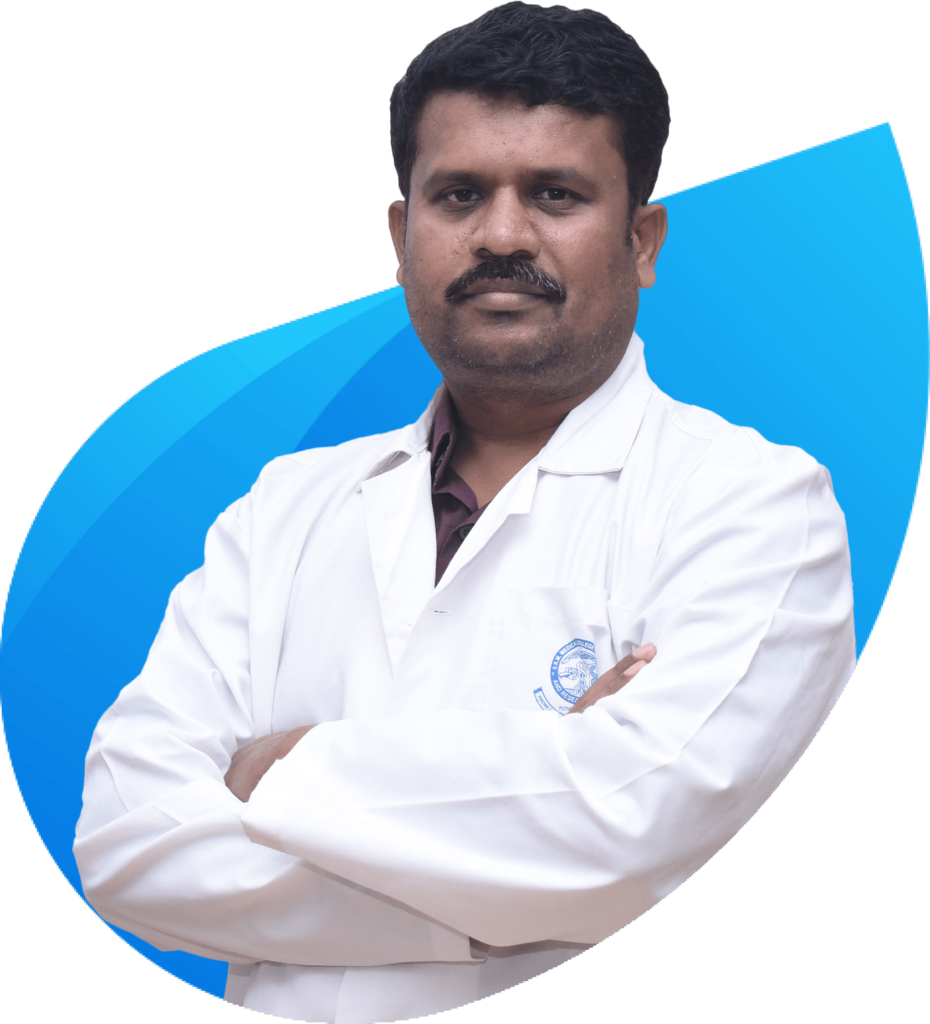Gastrointestinal disorders refer to conditions that affect the digestive system, including the esophagus, stomach, small intestine, large intestine, liver, gallbladder, and pancreas. These disorders can range from mild to severe and may impact digestion, nutrient absorption, and overall gastrointestinal health. Symptoms can vary widely depending on the specific disorder but often include abdominal pain, bloating, diarrhea, constipation, and vomiting.






If you experience persistent or severe symptoms of GERD, it’s important to seek medical evaluation and management by Gastro experts at SRM Global Hospitals, Chennai. Here are some specialists you may consider,


MBBS, MS, MCH(Surgical Gastro), PDF (Liver Transplant & HPB Surgery), FACS, FICRS
Senior Consultant




WhatsApp us